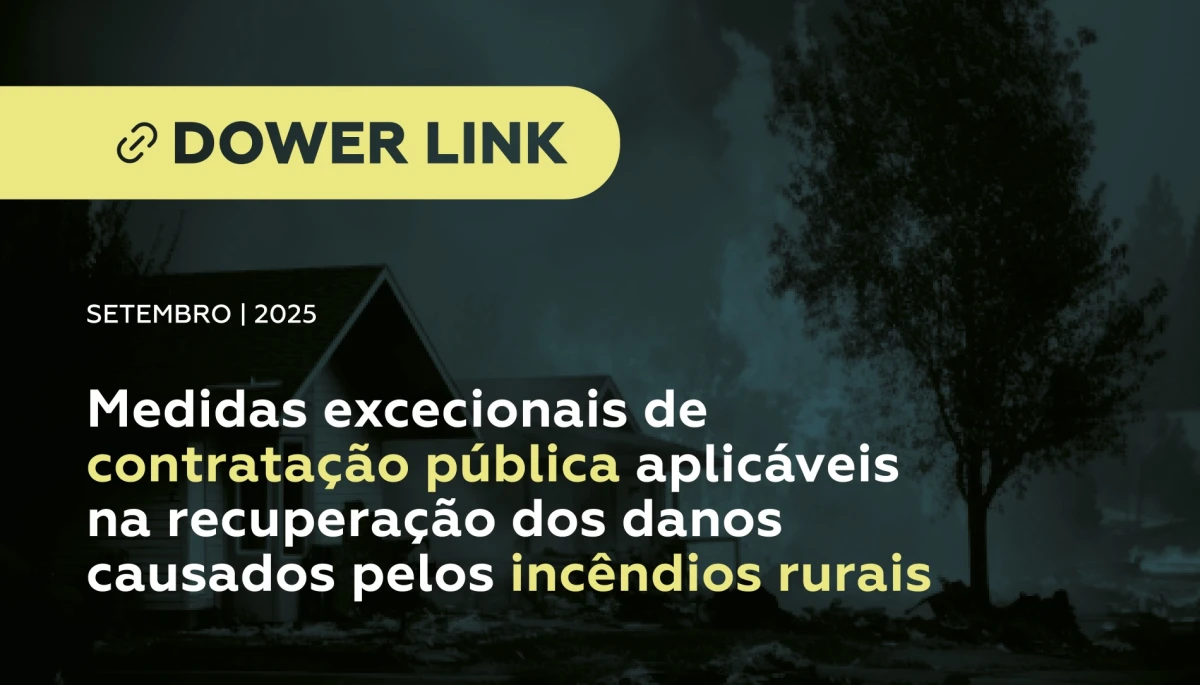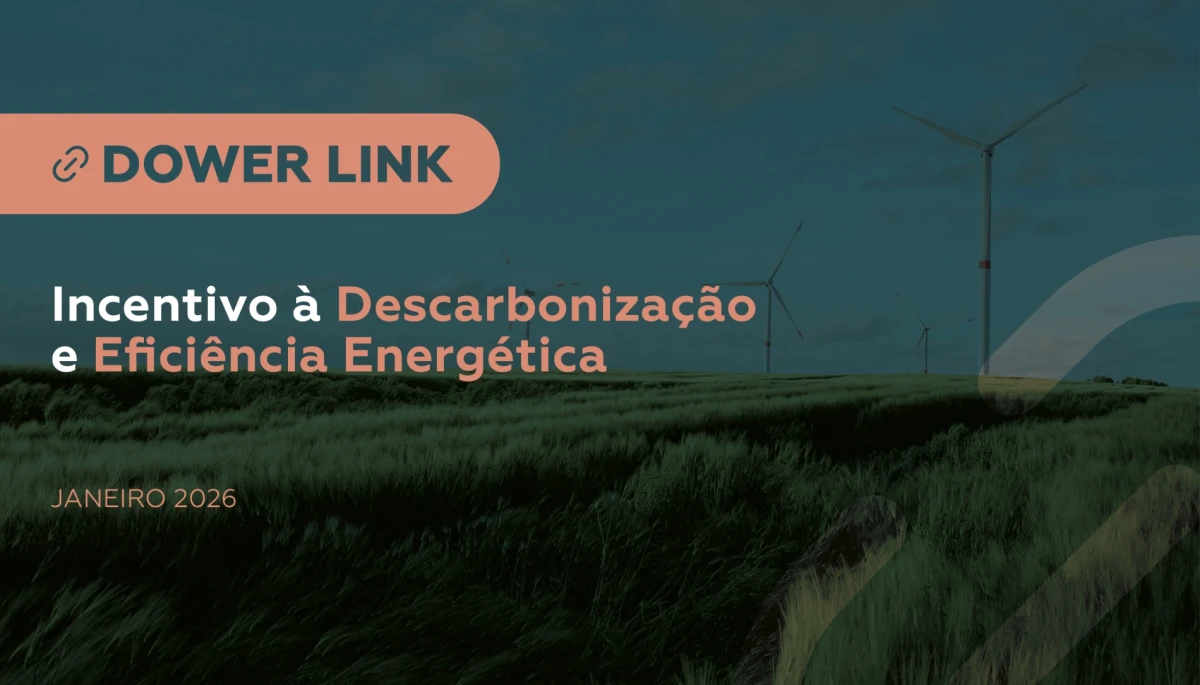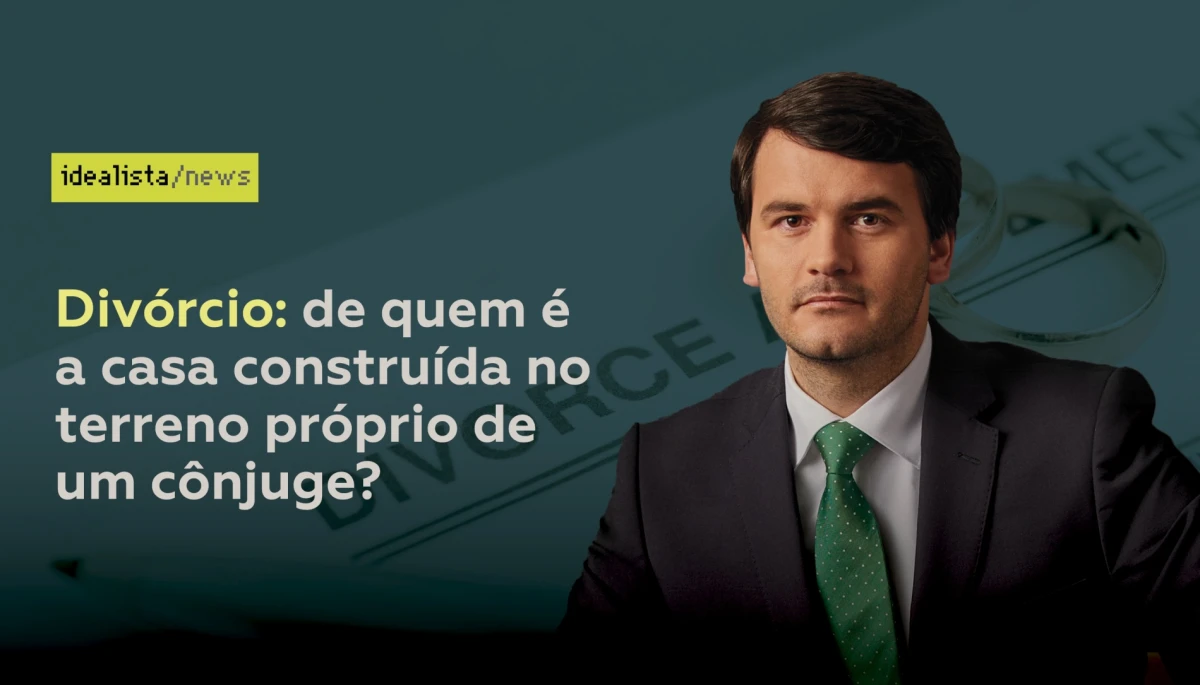
Exceptional public procurement measures applicable to the recovery of damages caused by rural fires

“Rural fires are a tragic reality that plagues Portugal.” This is the sentence that opens the preamble of the recent Decree-Law No. 98-A/2025, of August 24, which establishes measures to support and mitigate the impact of rural fires.
For as long as anyone can remember, rural fires have been a reality that affects Portugal during the summer. This year was no exception, with August 2025 being a tragic month in many localities.
The Portuguese Government has now decided to approve a set of measures aimed at supporting the interventions necessary to repair the damage caused by the fires, with a government objective of ensuring that this recovery is carried out as quickly as possible at the level of Public Administration action.
From Decree-Law No. 98-A/2025, of August 24, the set of exceptional public procurement measures contained in Chapter IV stands out. These measures aim to ensure greater speed in the awarding of public contracts for public works, the leasing or acquisition of movable goods, and the acquisition of services related to the interventions necessary to repair the damage caused in areas affected by rural fires.
This set of exceptional measures applies to public procurement procedures under the responsibility of both:
- The direct and indirect Administration of the State, including the state-owned enterprises; and
- Local Administration, such as municipal authorities (see Article 35(2)).
One of the measures concerning public contracts related to the recovery of fire damage involves raising the thresholds up to which the Public Administration may resort to the procedures of direct award and prior consultation, prioritizing speed over competitiveness. These thresholds now correspond to the European amounts set out in Article 4 of Directive 2014/24/EU of the European Parliament and of the Council of February 26, 2014, rather than those in Articles 19 and 20 of the Public Contracts Code (PCC) (see Article 36(1) and (2) of Decree-Law No. 98-A/2025, of August 24).
Another measure consists of derogating the limitations on the choice of entities invited in direct award and prior consultation procedures as set out in Articles 113(2) to (5) of the PCC. However, other limits are imposed when the procedure concerns public works contracts, namely:
- Each awardee is limited to a maximum of 5 (five) direct awards; and
- Each direct award may include a maximum of 20 (twenty) units subject to reconstruction or rehabilitation (see Article 37).
Although the legislator aims to ensure greater speed in the formation and execution of public contracts related to reconstruction after rural fires, care has been taken to still establish limits on the choice of invited entities in direct award procedures, in terms different from those set out in Articles 113(2) and (5) of the PCC.
There are also measures regarding expenditure authorization and administrative approval, which now include tacit approvals, for example, regarding the approval of opinions necessary for the decision to contract (see Articles 38 and 39).
For anything not specifically provided for in Decree-Law No. 98-A/2025, of August 24, the PCC applies subsidiarily (see Article 40).
Decree-Law No. 98-A/2025, of August 24, has been in force since August 25, but it produces effects retroactively from July 1.



